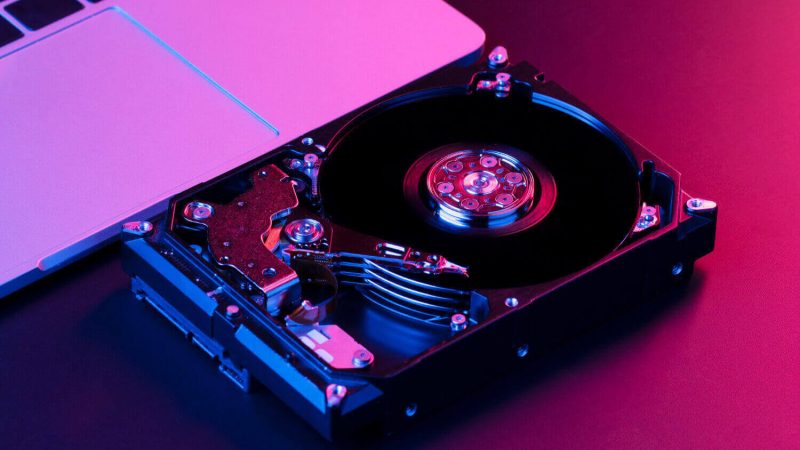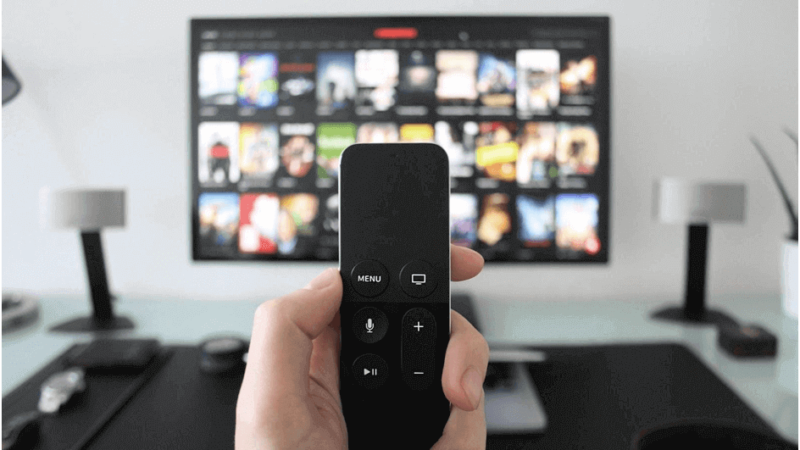5 Signs You Need a New Laptop

Some people are able to keep their laptop computers in pristine condition for years. Others have laptops that are held together by duct tape and good vibes but somehow still manage to work. Both, however, will eventually need to face reality no laptop lasts forever and one of these days you’re going to need a new one.
It is understandable to put off replacing your laptop in the name of thriftiness or just because it is one more thing to do. Wait too long though and you might get an unpleasant reminder that laptops often fail in two ways. gradually then suddenly. You do not want to find that your laptop has given up the ghost right before a big deadline or before you have had a chance to back up that creative project you have been working on.
What are the common clues that the time for a new laptop is near? and Start making a plan if you have noticed any of these five tell tale signs.
1. The laptops battery no longer holds a charge.
A battery that won’t stay charged is one of the most common reasons to say goodbye to an old laptop. Almost all laptops use lithium batteries which inevitably lose their ability to hold a charge after several years. If you constantly need to plug your laptop in because it loses battery charge so quickly a new one is probably in the not too distant future.
Note that you might be able to restore your laptops battery life by installing a laptop battery replacement made to the manufacturers original specs. However, most of today’s laptops have a sealed body that makes this a challenging and risky DIY repair. so you will probably need a professional to do it unless your laptop is one of the relatively few that still has a user serviceable battery. With laptops that are already on the older side, many people choose to upgrade to a newer model instead.
Also Read: How To Choose The Best Laptop for Each User Within Budget
The laptop frequently overheats.
When an older laptop frequently gets extremely hot and has trouble cooling down it is often a sign that the machine is on its last legs. The laptops cooling fans might run near constantly and you might notice it gets hot even when you are not doing anything particularly resource-intensive. Tasks that are resource-intensive, like gaming or design apps, might make it so hot it is uncomfortable to use.
The exact cause of the overheating can vary widely. Sometimes it is because newer software is straining the computer’s outdated specs, or sometimes it’s the simple accumulation of wear and tear on its parts. Many laptops do not have particularly efficient cooling to begin with and the dust and other gunk that gradually build up inside can make it much worse after a few years.
Whatever the cause, a laptop that frequently overheats is never something to ignore. It might be worth taking in to have a professional look at it, but with an older machine, there is a solid chance the repair shop will tell you what you already know, That your laptop is old, and it is time to get a new one.
You’ve had the laptop for five years or more.
Even if you take good care of your laptop, it will eventually become just plain dated. Of course, this does not mean you should automatically toss your laptop after five years if it’s still reasonably functional. But approximately five years is the point at which many laptops start noticeably showing their age and thus it’s the point when people often start looking for a new one.
If you have noticed any of the following, the inevitable march of time and technology is probably coming for your laptop soon.
- Your laptop does not meet the required specs for macOS or Windows updates or just barely meets them
- Your laptops performance is generally slower than it used to be and there is no obvious reason like malware or a full hard drive
- Your laptop uses outdated parts, such as a magnetic hard disk rather than a solid state drive and upgrading is more trouble (or money) than it is worth
The manufacturer has announced that they are phasing out support for your laptop model
Also Read: How to Properly Take Care of Your Go-To Gadgets?
The laptops screen is cracked, flickering or otherwise substandard.
A laptops screen is both one of its most important parts and one of its most vulnerable. One mishap can leave you with an ugly screen crack, often in an inconvenient spot. Plus, various parts that contribute to the display (such as the backlight and video card) can also fail from wear and tear.
Unlike some other laptop parts, screens are usually replaceable. although again, it is a repair that you really only want to trust to a professional. However, much like with the battery a screen replacement can be costly and it might not be worth the time and money on an older laptop.
In this case it all depends on what’s wrong with the screen. Replacing an LCD panel or backlight can be relatively fast and inexpensive, depending on the laptops make and model. Fixing an internal problem such as a video card malfunction on the other hand can be more costly. The best choice is to get a diagnosis and repair estimate from a computer repair professional and then decide whether it is worth it.
The laptop has miscellaneous problems that aren’t worth fixing.
Many things can go wrong with a laptop. Speakers break, keyboards develop sticky keys, USB ports stop working we could go on and on. Whenever your laptop develops a noticeable problem like this, you have got a few things to think about.
First, if your laptop is relatively new it might still be under warranty or covered by insurance. In that case taking it in for repair is usually a no brainer, although whether it is covered may depend on the nature of the damage.
When you do not have warranty coverage, your choice will come down to paying for a repair yourself vs. replacing the laptop. There will probably be pros and cons on both sides but some factors to consider include
- The age of your laptop
- Whether it is still otherwise functional
- The cost of the repair vs. a comparable replacement laptop
- Whether you need a working laptop immediately
Whatever you decide, remember the sage wisdom that is just as applicable to consumer electronics as it is to, well everything else This, too, shall pass away.
Also Read: Are touchscreen laptops worth it?






